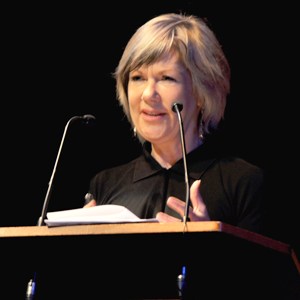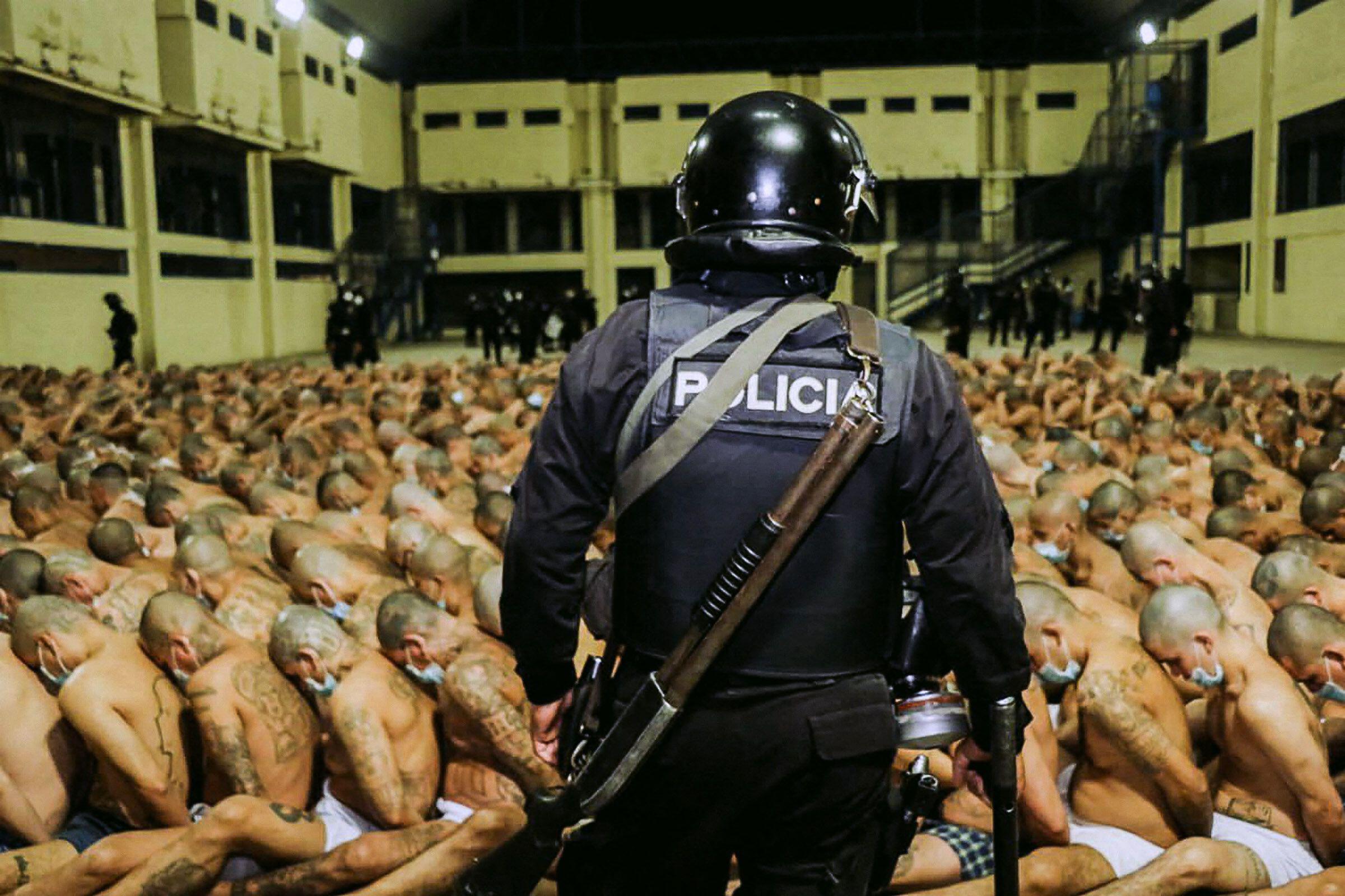
An Index on Censorship conference has heard of the pressures on the arts in the UK today. Daisy Williams reports
Artistic freedom in the UK is being undermined by legal and economic threats, speakers explained today at a conference on defending artistic freedom of expression.
Held at London’s Southbank Centre, Index on Censorship’s Taking The Offensive conference gathered hundreds of arts professionals to evaluate artistic freedom in the UK, and how to protect the industry from censorship threats.
Introducing the key themes for the day, Jude Kelly OBE; artistic director at the Southbank Centre raised the issues of internal and external threats to freedom of expression within the arts sector and how best to tackle those obstacles.
“Police, public and political interference, as well as private philanthropy are all issues for concern within the arts, and the changing nature of art can cause great instability in itself”. The desire to exercise total free speech can often face difficult challenges; “ought,” said Kelly “doesn’t always mean can”.
Tate director Nicholas Serota voiced struggles his galleries face with freedom of expression. He identified two issues at the centre of the debate:
“The trust to make judgements with conviction and responsibility, and the confidence to make the decisions in the best possible way they can, with support and in good faith…Trust is hard earned and gained over time, and can be easily dissipated. We only start to think about freedom of expression when things start to go wrong”.
“A framework for a policy of freedom of expression is important to any cultural organisation,” Serota said, adding that institutions and artists need to establish a way to precede or anticipate potential problems, avoiding laws like The Public Order Act from having unintended consequences and providing mechanisms to ensure it doesn’t happen in the future.
Curator Sally Tallant also identified the importance of artists having protection and being able to take risks as a key element to artistic freedom in Britain. Without that support, she argued, “the loss of that infrastructure would have a massive impact”. Tallant said that financial constraints often come at the price of censorship on a more personal level, saying: “public cuts of the arts sector through commercial and economic pressure can lead to self-censorship”.
The Public Order Act was identified as a key threat to free expression in the arts. While Sir Hugh Orde said that police involvement was a last resort, he said that “artists should be constantly aware of the ability to mobilise people to take offence.
“[The police] work from a human rights perspective…But in several million interactions each year, the police will get it wrong”.
Professor Mona Siddiqui said artists should always be aware of the consequences of artistic freedom. “If you want your work publicised in galleries and platforms, you have to take the risks attached to it. Public and private free expression are two very different things”.
Lawyer and author Anthony Julius told the conference that a culture of fear surrounding repercussion and consequence can lead to self-censorship:
“Artists and the institutions representing them are ruled by counterfactuals and hypothesising. It’s possible to tell yourself horror stories, and easy to follow worst case scenarios. We’re in a place generated by the anxiety of “what if?”





